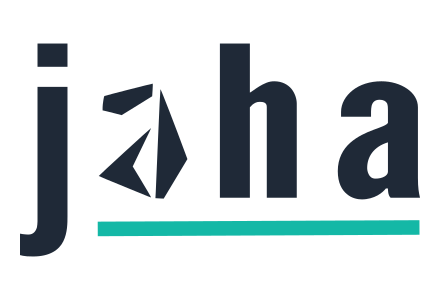Clients often ask us, "When is my BAS due?" That's why we created this summary! It lists all the necessary due dates and helps you understand your BAS obligations and how to lodge them.
By following these guidelines, you'll not only stay on the right side of the Australian Taxation Office (ATO) but also ensure that you charge the correct amount for your services and avoid any late penalties.
GST Reporting and Payment Cycles
As a business owner or sole trader earning over $75,000 annually, you must charge customers an additional 10% on most goods and services as part of the Goods and Services Tax (GST) Regulations. The frequency of your GST payment lodgements will be automatically calculated based on your annual turnover.
Knowing what your actual/expected annual turnover is, the GST reporting and payment obligations would be one of the following:
- Quarterly - GST turnover is less than $20 million, and the ATO hasn't told you that you must report monthly
- Monthly - GST turnover is $20 million or more
- Annually - voluntarily registered for GST. Your GST turnover is under $75,000 ($150,000 for not-for-profit bodies).
To lodge your activity statement, you can do it yourself or get assistance from a Registered Tax Agent. If you choose to do it yourself, you can use the ATO app to set calendar reminders for important dates, so you can complete all deadlines.
Getting a Registered Tax Agent to help you with completing your activity statement has a couple of main advantages:
- you can ensure that you are regularly lodging accurately and on time
- you have an extended due date than if you lodge yourself (exceptions may apply if there have been late lodgements in the past).
Monthly BAS Reporting
To file and pay your monthly BAS, you must do so by the 21st day of the following month. For instance, a BAS for July is due on 21 August.
Suppose your business's GST turnover is $20 million or higher. In that case, you must report and pay GST monthly and submit your activity statements online.
Schools and their related organizations are granted a deferral for their December activity statement, which will have a postponed due date of 21 February.
Quarterly BAS Reporting
To report your business's quarterly earnings, you must meet specific deadlines. Here are the due dates for filing your activity statements for the 2022/23 financial year:
| Quarter | Due Date |
|---|---|
| (Q1) 1 July 2025 to 30 September 2025 | 28 October 2025 |
| (Q2) 1 October 2025 to 31 December 2025 | 28 February 2026 |
| (Q3) 1 January 2026 to 31 March 2026 | 28 April 2026 |
| (Q4) 1 April 2026 to 30 June 2026 | 28 July 2026 |
Tax/BAS Agents usually receive a four-week extension for filing quarterly Business Activity Statements (BAS's) for quarters one, three, and four. However, the due date for the December BAS remains the same as an extension is automatically available to everyone.
Annual BAS Reporting
Annual reporting is only required for those who have voluntarily applied for GST under the $75,000 threshold (or $150,000 for non-profits). You must lodge your BAS by the same due date as your tax return. Sometimes you don't need to lodge a tax return because it's the first year of trading. If this applies to you, your Annual BAS will be due on 28 February (following the end of the financial year).
BAS Due Dates 2025/26
A BAS report tells the government how much Goods and Services Tax (GST) you've collected and paid.
It also shows how much you've withheld from your employee's wages for tax (PAYG withholding) and how much you've paid in instalments towards your own tax (PAYG instalments). If you have employees, you must include this information on their payment summaries. But you'll need to report superannuation separately.
Most small businesses need to report their BAS every three months. However, if you get help from a Registered Tax/BAS Agent, you might get a four-week extension to lodge and pay your BAS. Here are the due dates for lodging and paying your BAS.
| Quarter | Extended Due Date |
|---|---|
| Q1 September Quarter | 25 November 2025 |
| Q2 December Quarter | 28 February 2026 |
| Q3 March Quarter | 26 May 2026 |
| Q4 June Quarter | 25 August 2026 |
If you lodge your monthly BAS through a Tax/BAS Agent there generally aren't any lodgement extensions available. The standard due dates will apply, typically the 21st of the month following the respective period. Monthly lodgers usually follow these dates.
| Month | Due Date |
|---|---|
| July | 21 August |
| August | 21 September |
| September | 21 October |
| October | 21 November |
| November | 21 December |
| December | 21 January |
| January | 21 February |
| February | 21 March |
| March | 21 April |
| April | 21 May |
| May | 21 June |
| June | 21 July |
Changing Reporting and Payment Cycles
You can change your reporting and payment cycle to suit your business needs better. This will adjust the frequency of reports and payments. For example, you can make payments early if you make the change at the start of the lodgement period. But, if you wait until near the end of the period to notify the ATO, you may need to wait until the next quarter to see the changes take effect.
Dealing with Disasters
Your payment cycle might change due to two additional reasons:
a) if there's a natural disaster; or
b) if the payment date is on a weekend or public holiday.
If it's option B, you must lodge on the next business day.
